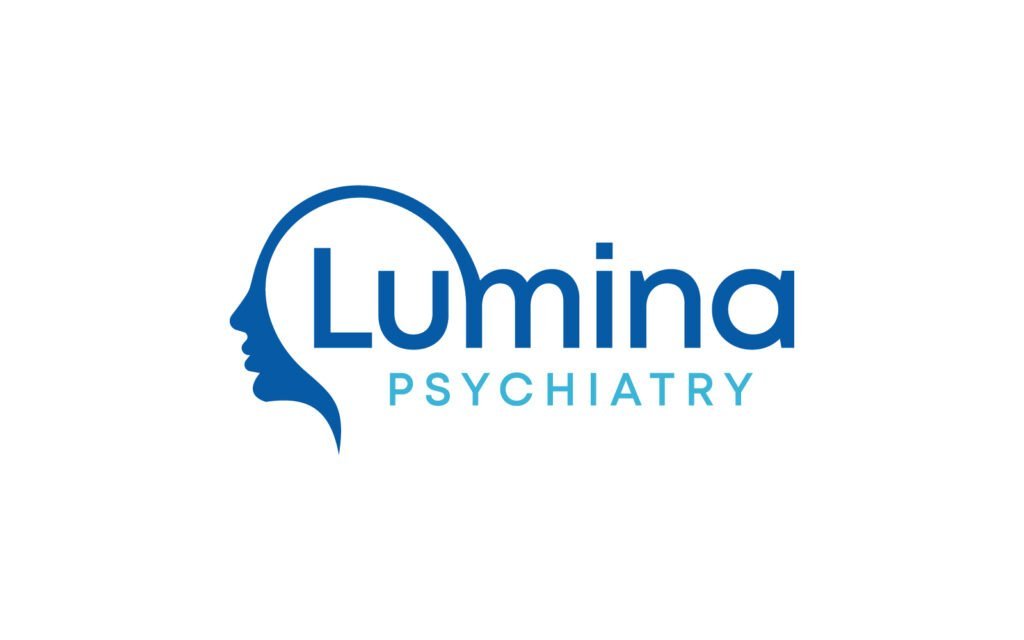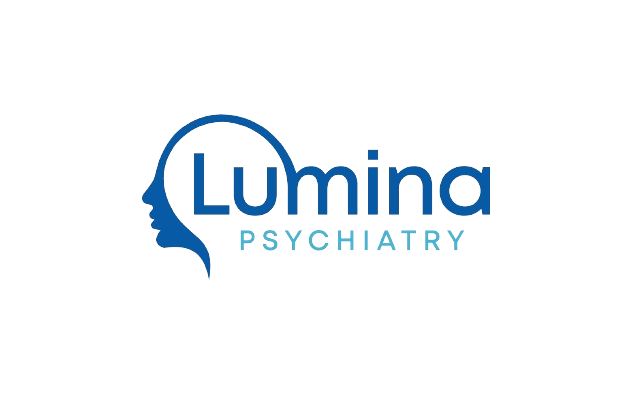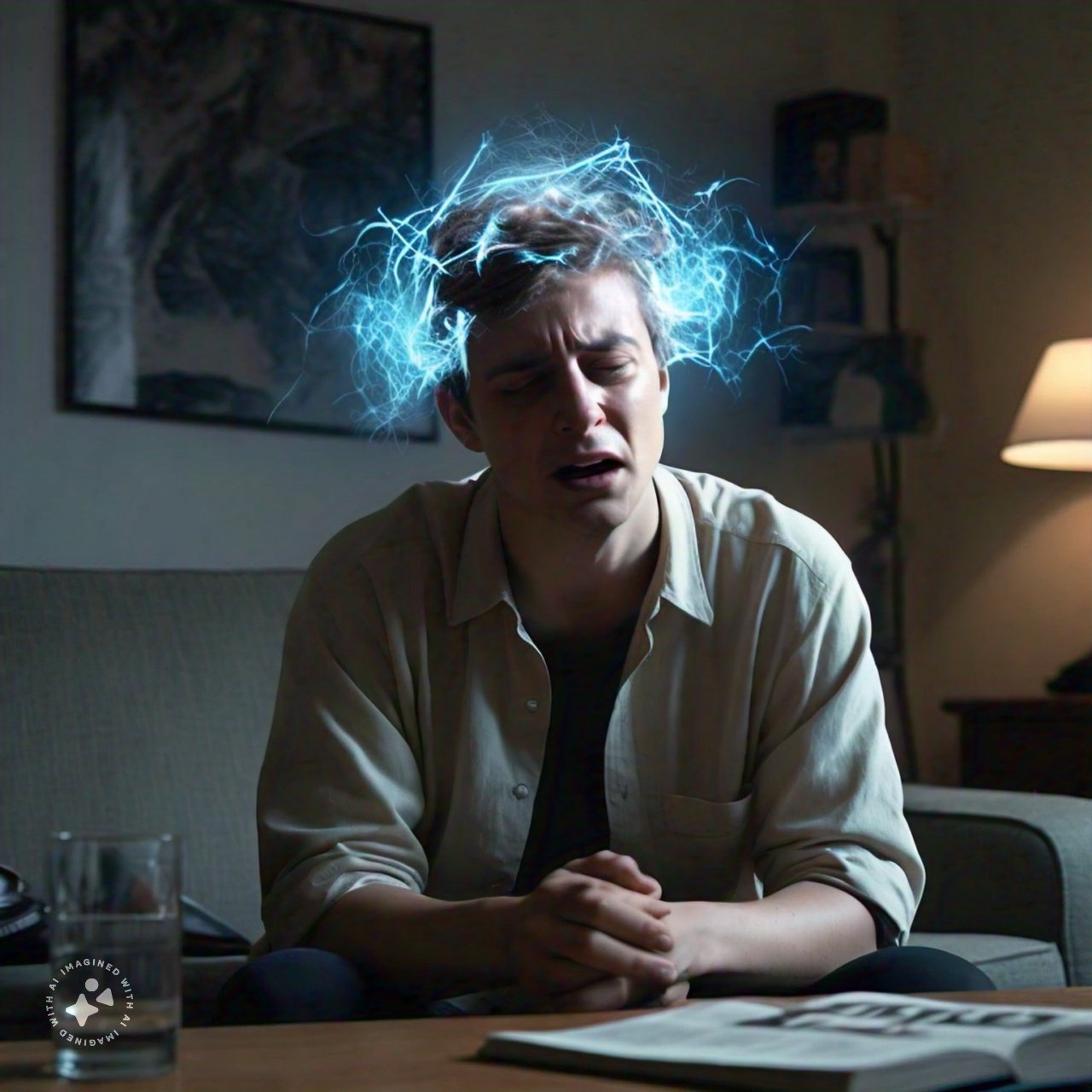Attention-Deficit/Hyperactivity Disorder (ADHD) affects a significant number of children worldwide, manifesting through symptoms such as inattention, hyperactivity, and impulsivity. These symptoms often complicate children’s ability to function and succeed in school and social environments.
Without proper treatment, children with ADHD face a higher risk of encountering mental health issues as adults, including depression and anxiety. Recognizing this, Lumina Psychiatry has adopted a proactive approach to manage ADHD from an early stage. They emphasize early diagnosis and comprehensive intervention strategies to minimize future mental health challenges, ensuring that children with ADHD have the best possible foundation for a healthier adulthood.
The Critical Importance of Early Diagnosis and Intervention
The Power of Early Detection
Recognizing the symptoms of ADHD early can significantly alter the course of a child’s development. Common signs such as persistent inattention, hyperactivity, and impulsivity should trigger immediate attention.

Early diagnosis of ADHD not only clarifies these behaviors but also opens the door to targeted treatment plans. These early interventions often lead to better outcomes by addressing issues before they become ingrained. Children diagnosed and treated at a younger age typically show greater improvements in both academic and social settings, reflecting the profound impact of early recognition and treatment.
Proactive Intervention Strategies
The moment a professional diagnoses a child with ADHD, immediate therapeutic action becomes crucial.

Starting intervention early maximizes the effectiveness of the treatment, helping to mitigate the potential escalation of symptoms. Key strategies include behavioral therapy, which teaches children skills for managing their symptoms and improving their behavior both at home and in school. Family education forms another cornerstone, empowering parents and siblings with strategies to support the child’s development effectively. Moreover, school-based interventions play a vital role; they ensure that the child receives consistent support across all environments, which is essential for their success. Implementing these strategies promptly can dramatically reduce the long-term challenges associated with ADHD, paving the way for a more stable and successful adulthood.
Therapeutic Approaches and Their Long-Term Mental Health Benefits
Behavioral and Cognitive Therapies
Behavioral and cognitive therapies offer powerful tools for managing ADHD, focusing on modifying behavior and reshaping thought patterns. Therapists use techniques like behavior modification, which rewards good behavior and discourages negative behavior, and cognitive-behavioral therapy (CBT), which helps children manage their thoughts and emotions in ways that decrease disruptive behavior.

These therapies also teach skills in emotional regulation and mental resilience, crucial for handling stress and reducing future risks of anxiety and depression. By learning these skills early, children build a strong foundation that supports their mental health well into adulthood.
Medication as a Preventative Tool
Medications for ADHD, such as stimulants and non-stimulants, play a critical role in managing the core symptoms of ADHD by enhancing concentration and decreasing impulsivity and hyperactivity. Beyond symptom control, these medications help prevent the development of secondary mental health conditions by maintaining neural pathways that regulate mood and behavior. Effective medication management and adherence strengthen these pathways, decreasing the likelihood of developing anxiety and depression later in life. Doctors and caregivers must work closely to monitor the effects of these medications and adjust treatment plans to maximize benefits and minimize potential side effects, ensuring a better mental health outcome for individuals with ADHD.
The Long-term Mental Health Benefits of Early ADHD Treatment
Building a Foundation for Healthier Adulthood
Research consistently demonstrates that diagnosing and treating ADHD early in life is strongly linked to reduced mental health problems in adulthood. When children receive a timely diagnosis, it allows for the immediate implementation of targeted interventions, which can significantly alter the course of their development and prevent the escalation of symptoms.
Effective treatments such as behavioral therapies, medication, and educational support are crucial. These therapies help manage symptoms by improving attention, reducing impulsivity, and enhancing overall cognitive functions. More importantly, early treatment stabilizes a child’s emotional responses and develops their ability to handle stress, which are vital skills for mental health.
Role of family and friends in ADHD
Families play a pivotal role in reinforcing daily routines and providing emotional support, while schools implement specialized learning strategies and accommodations that cater to the unique needs of children with ADHD. Similarly, medical professionals oversee the clinical aspects of ADHD management, ensuring that each child receives personalized care tailored to their specific symptoms and challenges.
This proactive approach not only enhances the child’s ability to function better daily during their formative years but also solidifies a robust foundation for their mental health as they mature into adulthood. By maintaining consistent and supportive treatment from a young age, individuals with ADHD are less likely to develop associated mental health conditions such as anxiety and depression, which are often exacerbated by unmanaged symptoms of ADHD. Thus, early intervention not only addresses immediate behavioral and educational challenges but also plays a critical role in safeguarding long-term mental health and well-being.
Conclusion: A Call to Action for Early Management of ADHD
Managing ADHD from an early age is essential to prevent future mental health complications and to ensure a smoother path into adulthood. Effective early intervention can significantly reduce the risk of developing associated conditions such as anxiety and depression later in life. By working closely with families, schools, and medical professionals, Lumina Psychiatry helps to create a supportive environment that nurtures the child’s development and enhances their overall well-being.





